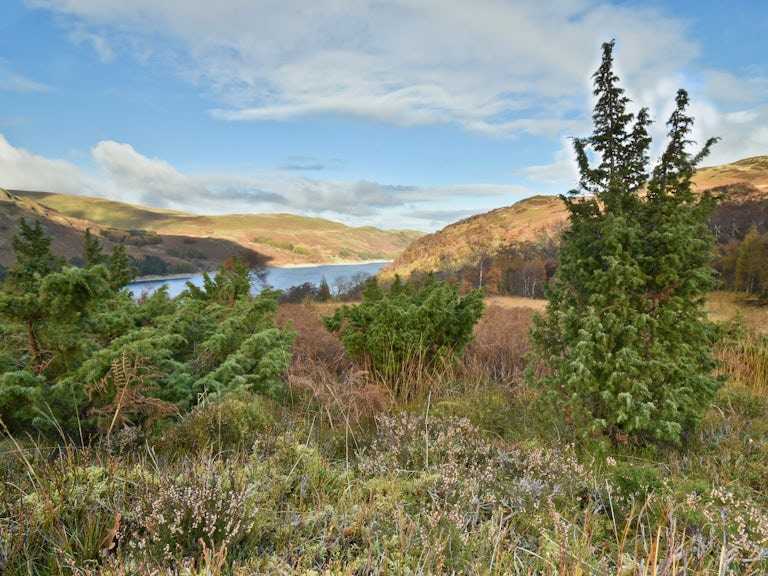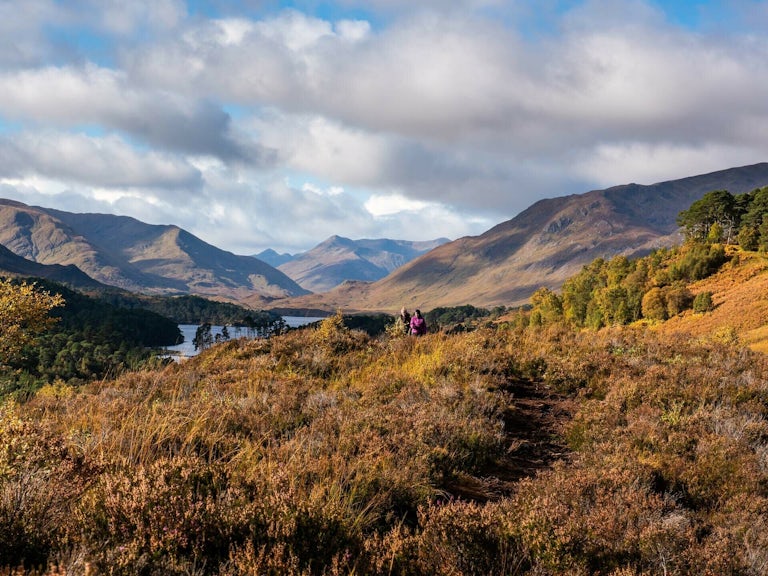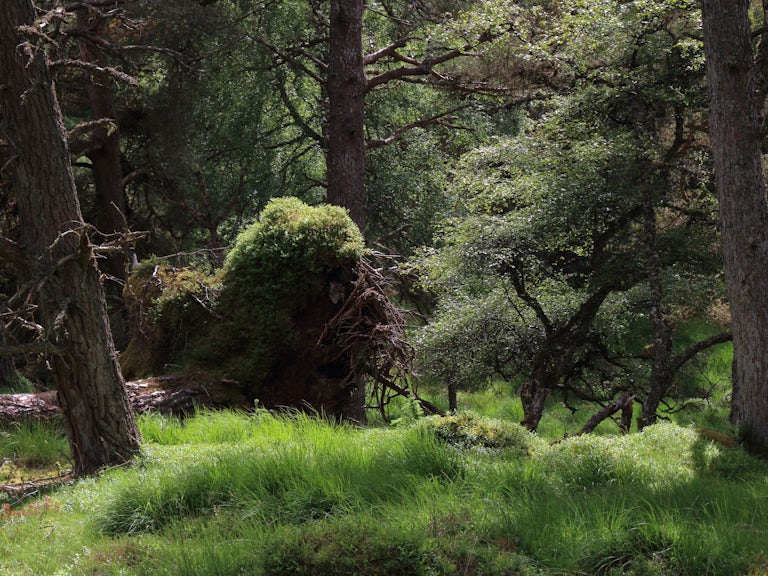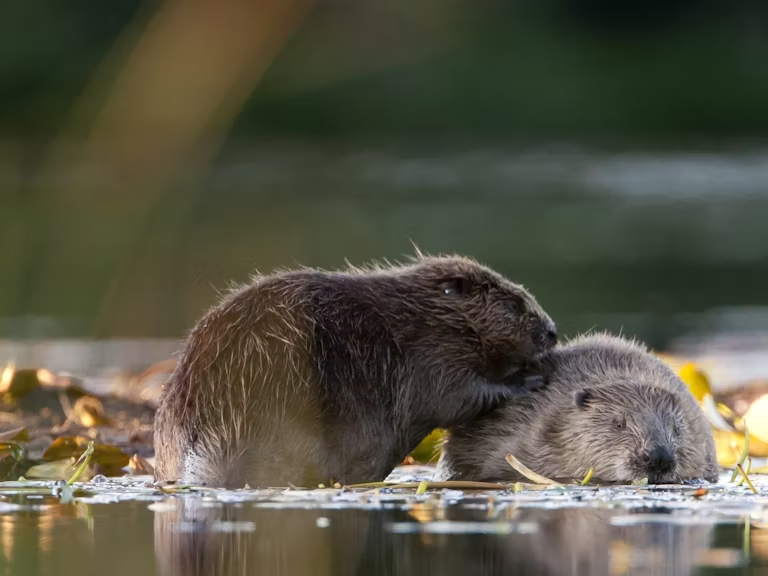Political parties and public urged to choose rewilding
The Scottish Rewilding Alliance has today set out the five key choices Holyrood will have to make during the next session to tackle the nature and climate crises.
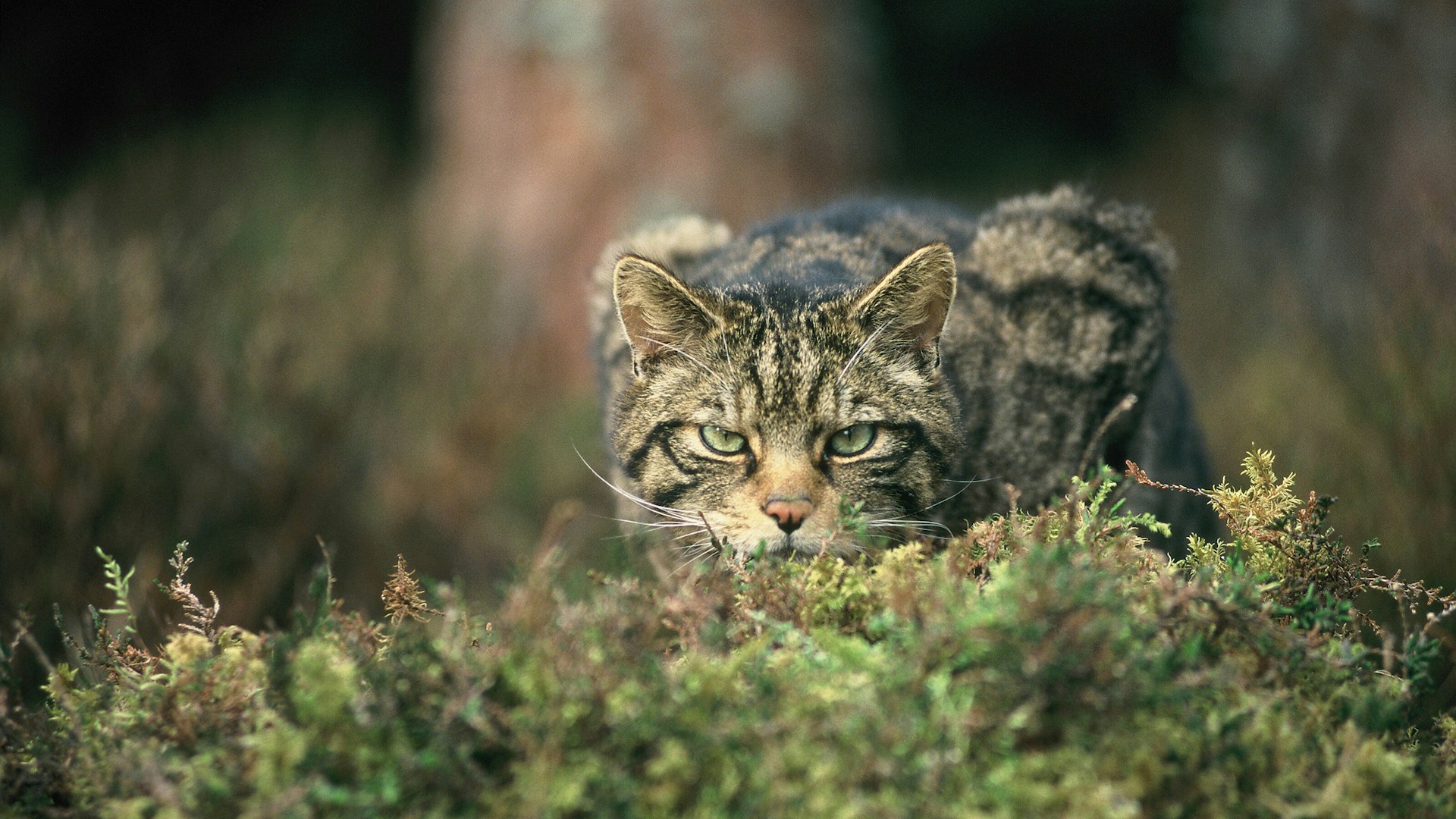
The Scottish Rewilding Alliance has today set out the five key choices Holyrood will have to make during the next session to tackle the nature and climate crises.
In each case Parliament will have to decide whether to persist with a failing status quo or choose to make the bold changes the Alliance argues can protect and enhance biodiversity, help tackle climate change, and boost rural employment.
The Alliance, which is campaigning for Scotland to declare itself the world’s first Rewilding Nation, is urging all of Scotland’s political parties to commit to the following policy changes:
To commit to rewilding 30% of public land, both for the direct benefits it will bring for wildlife and people, and set a good example for other landowners;
To establish a community fund to support rewilding in our towns and cities, making the benefits of wild spaces available more widely;
To back the reintroduction of keystone species, including rehoming beavers beyond their current limited range and considering a pilot reintroduction for the Eurasian lynx, where there is local support, suitable habitat and stakeholder buy-in;
To introduce an inshore recovery zone where dredging and trawling are not permitted, to support species recovery and low impact fisheries; and
To bring in robust deer population management: reducing overgrazing could allow two million hectares of peatland to recover and native woodlands to regenerate and expand, soaking up carbon dioxide reducing flooding, and restoring more diverse landscapes.
The Scottish Rewilding Alliance last year commissioned Scottish polling from Survation which showed strong support for the principle of rewilding. Of those who expressed a preference, 76% backed rewilding, with more than ten times supporting the idea as opposed it. [2]
Steve Micklewright, Convenor of the Scottish Rewilding Alliance, said:
“The parties and the public face many choices at this election, including major decisions which will shape the future of Scotland’s lands and seas. We can do so much better than the status quo, which has left us with damaged and unproductive lands and seas, degraded carbon sinks, and a biodiversity crisis in parallel with the climate crisis.
“The Scottish Rewilding Alliance is today urging all the political parties to commit to five key policy decisions over the next session, measures which can unlock rural and coastal economic potential, help us protect against climate change and reduce our emissions, while allowing our plants and wildlife to come back in strength.
“We know the public wants to see politicians make real progress on rewilding, and we would encourage people to take these issues into account when they’re looking at the parties’ manifestos. The opportunities here are substantial, for our climate, biodiversity, and for a wide range of potential social and economic benefits associated with making Scotland the world’s first Rewilding Nation.”
“We know the public wants to see politicians make real progress on rewilding, and we would encourage people to take these issues into account when they’re looking at the parties’ manifestos”
Steve Micklewright
Convenor of the Scottish Rewilding Alliance
- The Scottish Rewilding Alliance, established in 2019, is a collaboration between 22 like-minded organisations who share a mission to enable rewilding at a scale new to Scotland. See: https://www.rewild.scot/
- 1,071 Scottish adults 16 and over were polled by Survation between 28th October 2020 and 3rd November 2020. Data were weighted to the profile of all adults in Scotland aged 16+. Data were weighted by age, sex, region, 2019 UK General Election vote, 2016 Scottish Parliament Election vote and 2014 independence referendum vote. The question asked was as follows:
Rewilding is large-scale conservation which aims to reintroduce locally extinct species and restore Scotland's ecosystems. To what extent do you support or oppose rewilding in Scotland?
Strongly agree: 36%
Somewhat agree: 37%
Total agree (excl d/ks): 76%
Neither agree nor disagree: 16%
Somewhat disagree: 5%
Strongly disagree: 2%
Total disagree (excl d/ks): 7.3%
Don't know: 4%
